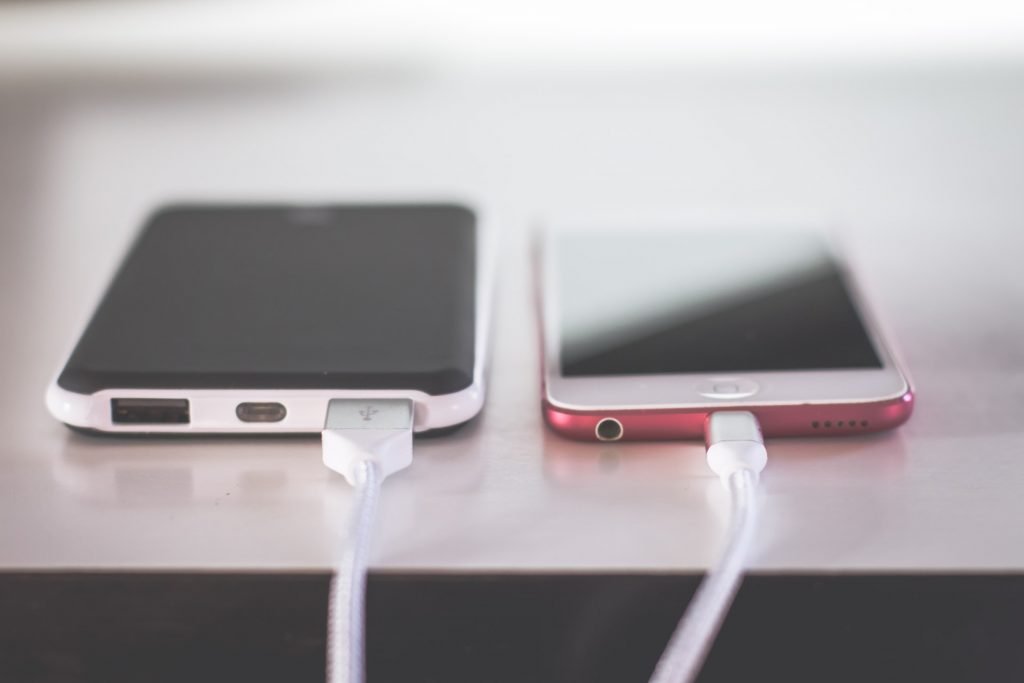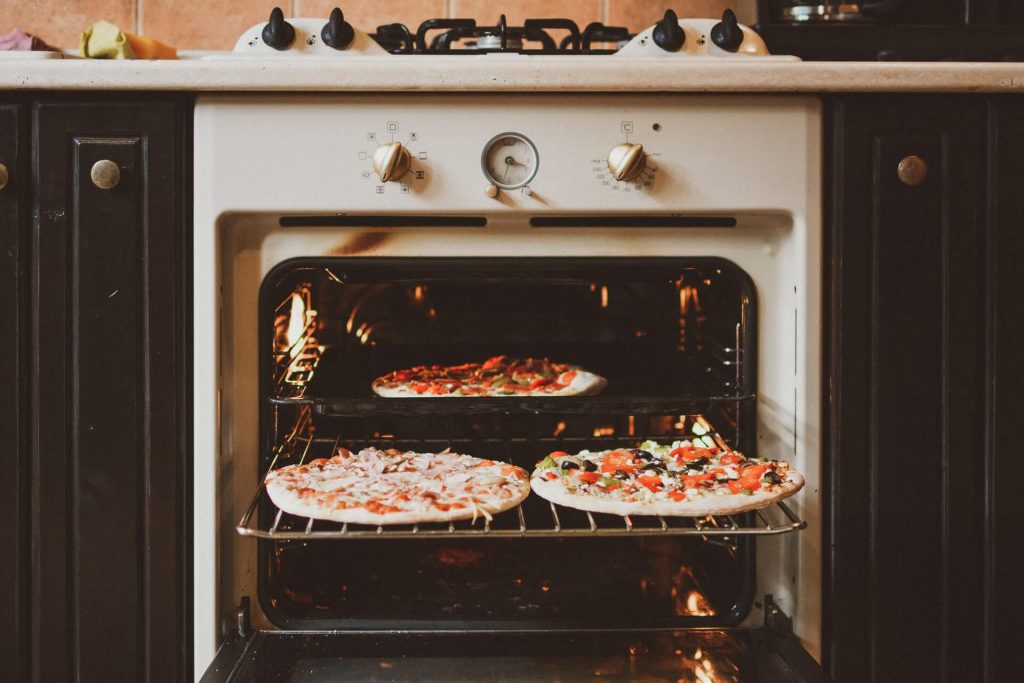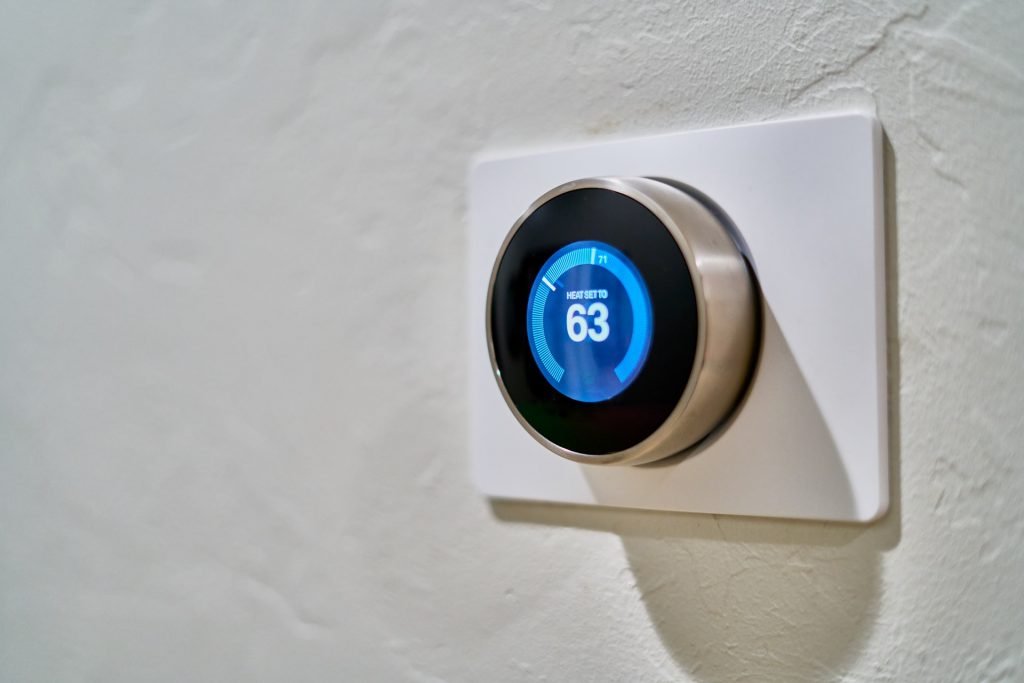When it comes to environmentalism, energy is always a hot topic. And rightly so. The global search for clean and renewable energy is ongoing. But what can each of us do, day to day, to reduce our energy consumption?
Here are a few ways you can save energy, and just as importantly, save money on your bills!
Drive Less
Transport, and driving in particular, makes up a huge portion of many people’s energy consumption, as well as our emissions.
So, when you can, try to use alternative methods of getting around.
Public transport, carpooling, cycling and walking are all better options from an energy point of view.
Check out my post on Greener Transport for more sustainable ways to get from A to B!
Turn Off Lights and Electronics
Remembering to switch off lights, devices and appliances can save you hundreds on your electricity bills each year.
Use plenty of natural light as much as possible during the day and be sure to switch off lights when not in use.
Also remember to turn off screens and devices completely, don’t just leave them on standby.
Devices like TVs, computers and sound systems are classic culprits of wasted energy when not turned off properly.
If you find yourself forgetting, you can try using extension leads so that you can switch off multiple devices at once. Some extenders even have timers so that devices turn off automatically at a certain time.
Use Energy Efficient Products
Switching off is the best way to reduce consumption but you should also look out for products that save energy while in use.
Energy efficient products are becoming more and more common and affordable.
Energy efficient light bulbs in particular are a no-brainer. They provide longer life at lower energy consumption.
Jump over to my Sustainable Swaps list to find more eco-friendly alternatives for household items.

Unplug Charged Devices
Many of us are guilty of overcharging our phones and electronics.
The usual reason is that charging tends to be done overnight. This means that devices aren’t unplugged even after they reach 100%.
This is not only wasteful, but constant overcharging can cause your device’s battery to degrade rapidly over time.
Try charging your phone early in the morning, at your desk in work, or for a couple of hours before you go to sleep to prevent this unnecessary energy drain.
Use Power Saving Options on Your Devices
Many smartphones and laptops now have low energy modes and options that can save energy and prolong their battery life.
These settings do usually have to be enabled manually so it’s worth asking a knowledgeable friend or electronics store assistant how to do so on your device.
Even appliances like TVs often have low brightness or eco-friendly settings.
Close the Fridge/Freezer/Oven
Leaving the fridge or freezer open wastes far more energy than you probably realise.
In fact, it can take another 45 mins after closing for the fridge to return to its proper temperature.
Similarly, every time you open the oven, you’re letting heat escape and forcing the oven to do more work to reheat and cook your food.

Use Your Oven Efficiently
Try to only use your oven when you need to. And when you do, use it as efficiently as possible.
Preheating your oven is all well and good, but make sure not to leave it sitting too long, better to get it heated and get cooking ASAP!
If you’re reheating food try to use the microwave instead as it is actually far more efficient than a conventional oven.
Another top tip is to cook larger batches less regularly and storing leftovers. This will mean only having to cook two or three times a week instead of every night.
Program Your Thermostat
Home heating is a form of energy consumption that people sometimes forget about. But wasteful home heating habits can be a huge drain.
See if you can program your thermostat to regulate your home’s temperature depending on the time of day.
If you don’t have a programmable thermostat you could just try manually lowering the temperature by a degree or two where possible.
Open curtains during the day to let the sunlight warm up your home.
And later when the heating is on, make sure curtains, windows and doors are properly closed to conserve the warmth.

Insulate you Home
In the same vein as your thermostat, a well-insulated home will need less energy to stay warm. Pay particular attention to areas around windows and opening where draughts could occur.
Also remember to close your curtains at night to help keep the heat in.
Use Washing Appliances Efficiently
When using appliances such as the washing machine, dryer or dishwasher, look for an eco-mode which will help save water and energy on each wash. Alternatively put on a cold wash to save energy on water heating.
Ideally you should only be putting on a load when you have enough dirty clothes/dishes to fill the machine.
Wash Clothes Sparingly
This might sound strange, but many people wash their clothes too regularly.
Washing after ever single wear is only really necessary if you are actively getting the clothes dirty each time you use them (e.g exercise, outdoor work, undergarments etc).
Instead, wash your clothes when they are genuinely dirty. And when you do put on a wash, make sure it is a full load.
The fewer washes you put on the better.

Air Dry
Tumble-dryers and machine drying cycles may be a quick and easy way to get the job done, but if you have the time it’s better to let your clothes and dishes air dry.
For clothing, a washing line or clothes horse will do the same job, but without damaging the fabrics of your clothes.
Likewise, for dishes, a drying rack works just as well.
Towel Dry Hair
This one might be a little more difficult for those of you with longer hair.
But for shorter styles, towel drying is both better for your hair and less energy draining than using a hair dryer.
If you do need to blow dry, try using a cold setting to save energy and be gentler towards your hair.





